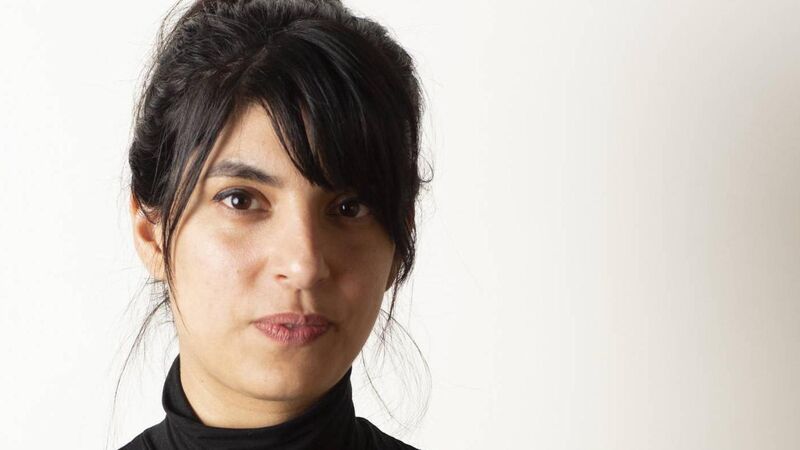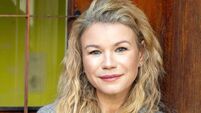Book review: A sensitive unspooling of self

Yasmin Zaher’s award winning debut ‘The Coin’ marks her as one of the most fascinating writers of the year. Picture: Willy Somma
- The Coin
- Yasmin Zaher
- Footnote Press, €12.50
BOOKS & MORE
Check out our Books Hub where you will find the latest news, reviews, features, opinions and analysis on all things books from the Irish Examiner's team of specialist writers, columnists and contributors.







